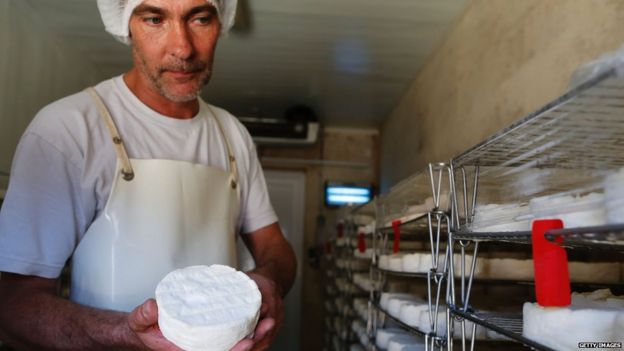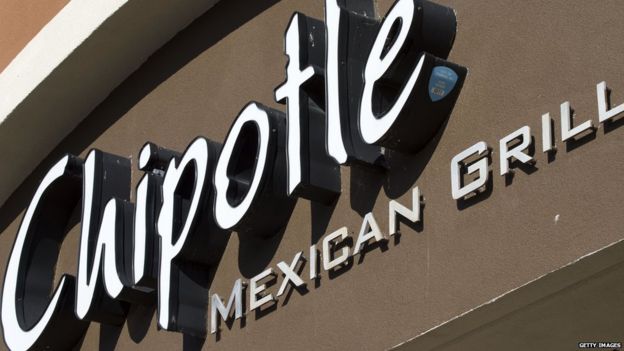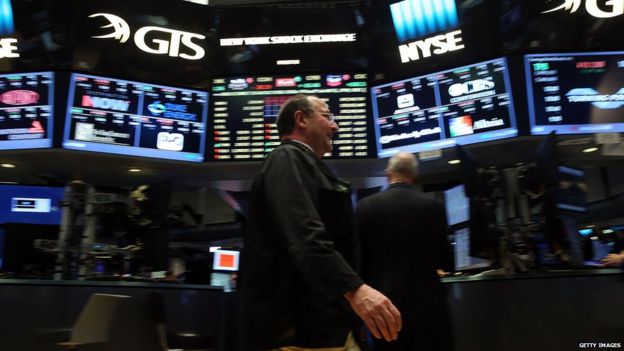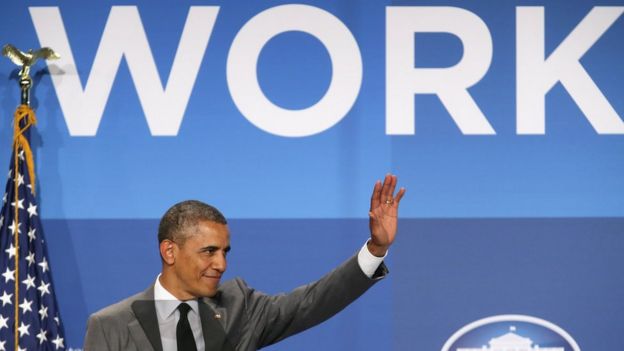
This article is more than
9 year oldBy showing up for a 9/11 commemoration ceremony on Sunday, despite being diagnosed with pneumonia, the Democratic presidential hopeful was doing what millions of Americans do every day - ignoring her symptoms and attempting to "power through" a day's work.
"No one's allowed to be sick. Sickness is weakness," says LeaAnne DeRigne, associate professor of social work at Florida Atlantic University.
"The attitude is 'I'm irreplaceable - if I don't show up my job won't get done.' Some of it is also concern about how you are going to be viewed as an employee - whether you can be counted or not. Whether by having too many sick days, too many absences, you are not seen as reliable."
She adds: "At the very core of being American is the idea of being a hard worker."
Not that most Americans have a choice in the matter.
America is the only developed industrial nation that does not guarantee paid sick leave by law.
Eligible workers are allowed to take up to 12 weeks off for illnesses or a new baby without fear of losing their job - under the Family and Medical Leave Act, introduced by Bill Clinton in 1992 - and many companies will allow their staff a few days' sick leave as part of their employee benefits package.
But for millions of low-paid workers the rule is simple - if you don't show up for work you lose a day's pay.


Sick leave and pay are most generous in the Netherlands, where workers can be absent for up to two years, while receiving 70% of their salary, according to areport in February for employment agency Glassdoor.
The least generous sick leave in the EU is in the UK, where workers are paid a flat rate of about £88 a week for 28 weeks.
Sweden, France and Denmark all offer 25 days' paid leave a year as minimum - the highest entitlement. Spain is the best place for public holidays with 14.
EU countries also guarantee 20 days' paid leave a year, plus public holidays. Some EU countries go further - France guarantees 25 days' holiday a year. There is no statutory minimum in the US, although the average is about 10 days in practice, plus public holidays. Polls suggest unused vacation is at an all-time high.
The UK government is facing calls from trade unions and the Labour opposition to protect paid leave and workers' rights when the country negotiates its exit from the EU.
America's national vacation problem

Nearly a quarter of US adults have been fired or threatened with the sack for taking time off to recover from illness or to care for a sick loved one, according to Family Values at Work, which campaigns for paid leave.
This climate is particularly tough for women, who are still the main caregivers for young children and elderly relatives, says Leanne DeRigne, whose research suggests some families could be spending more on medical bills because they are delaying treatment rather than taking time off.
It can also have serious repercussions for public health.

In February, Mexican fast-food chain Chipotle partly blamed a 2015 outbreak of the norovirus vomiting bug on employees who had come to work sick at branches in Boston and Simi Valley, California.
The company, which employs 50,000 people across the US, now requires employees to stay home from work on paid sick leave for five days after their symptoms have disappeared.
But even when they are entitled to sick leave, many Americans don't take it. More than a quarter of workers surveyed in 2014 by public health agency NSF said they always go to work when they are ill.
The hard-driving, long hours culture of the American workplace is no place to risk being seen as a slacker.
"Any real business venture, besides government employment, when you say you have a 'nine-to-five' it's more like you have an 'eight to seven', at least in DC, and especially in New York city," says Nicholas Scheeberger, a 30-year-old technology sales executive, from Washington DC.
"It's like an unspoken understanding. Your boss isn't going to tell you you need to stay and work extra, but if you are the guy that gets in at nine and goes home at five every day, you are probably not going to last."

Scheeberger says he had no problem with the lack of paid leave when he worked as a bartender - casual employment suits those marking time between "real jobs", who make most of their income from tips.
Now that he has an office job, he has two weeks' vacation and "seven to 10 sick days" - but there is pressure not to use the entitlement.
"Don't get me wrong - there are plenty of people who call in when they are hungover. But it's more - even if you are sick and there is something of importance, you absolutely need to be at work."
If there is a big client meeting or seminar, he adds, "unless you are on your deathbed, chances are you are going to work".
Polls suggest the American public are strongly in favour of paid sick leave - but progress towards it has been slow.

Some states, such as California and New York, have passed their own laws - as a result an estimated 11.3 million American workers now have the right to some form of paid leave.
Hillary Clinton has vowed to introduce 12 weeks' paid family leave and sick leave if she wins the general election. Donald Trump has yet to comment on the issue, although he has backed paid maternity leave.
The Obama administration's attempts to introduce paid leave ran into stiff opposition on Capitol Hill.
Republicans argued it would hurt small businesses and lead to job losses - and scoffed at the idea that America could learn lessons from supposedly less hard-working European nations.